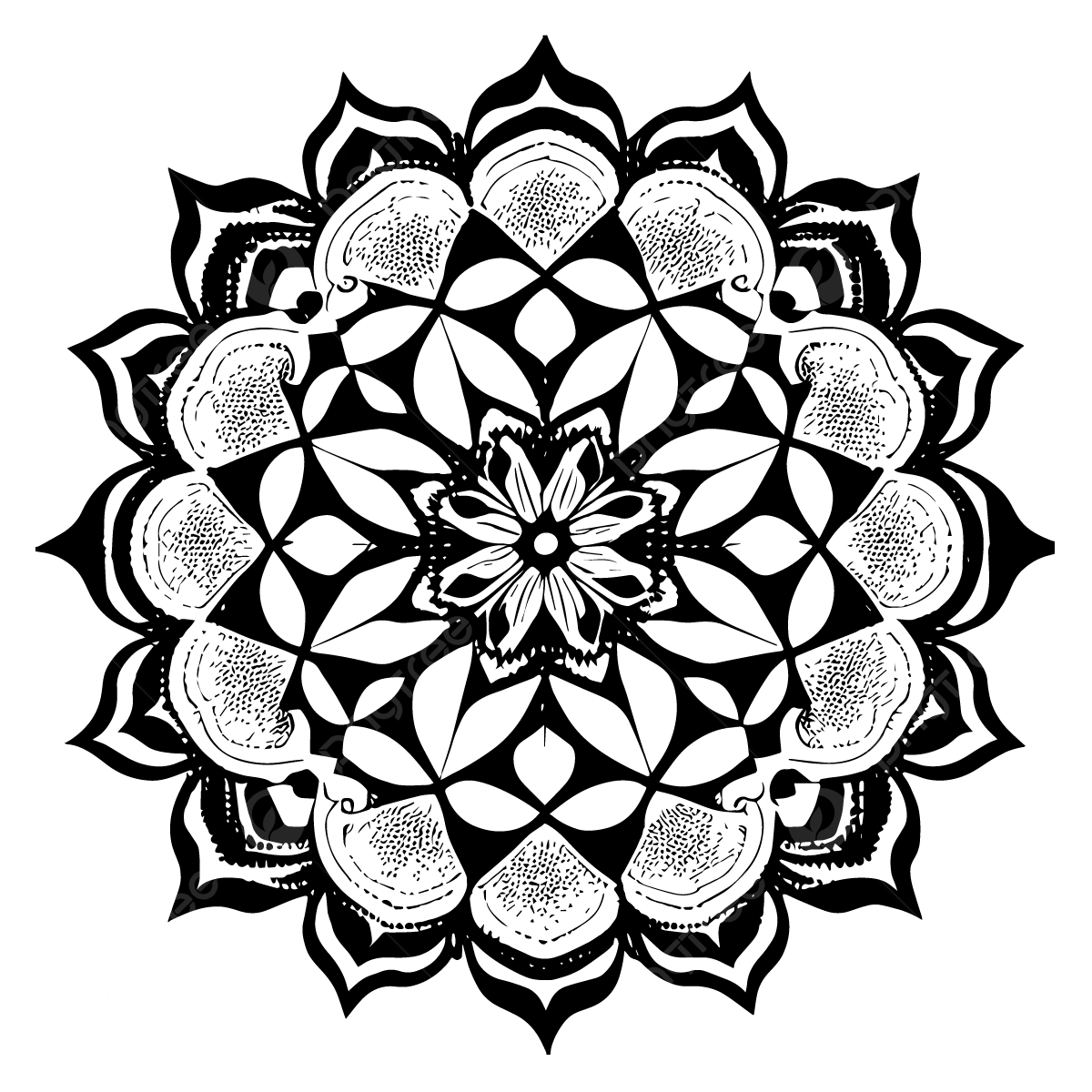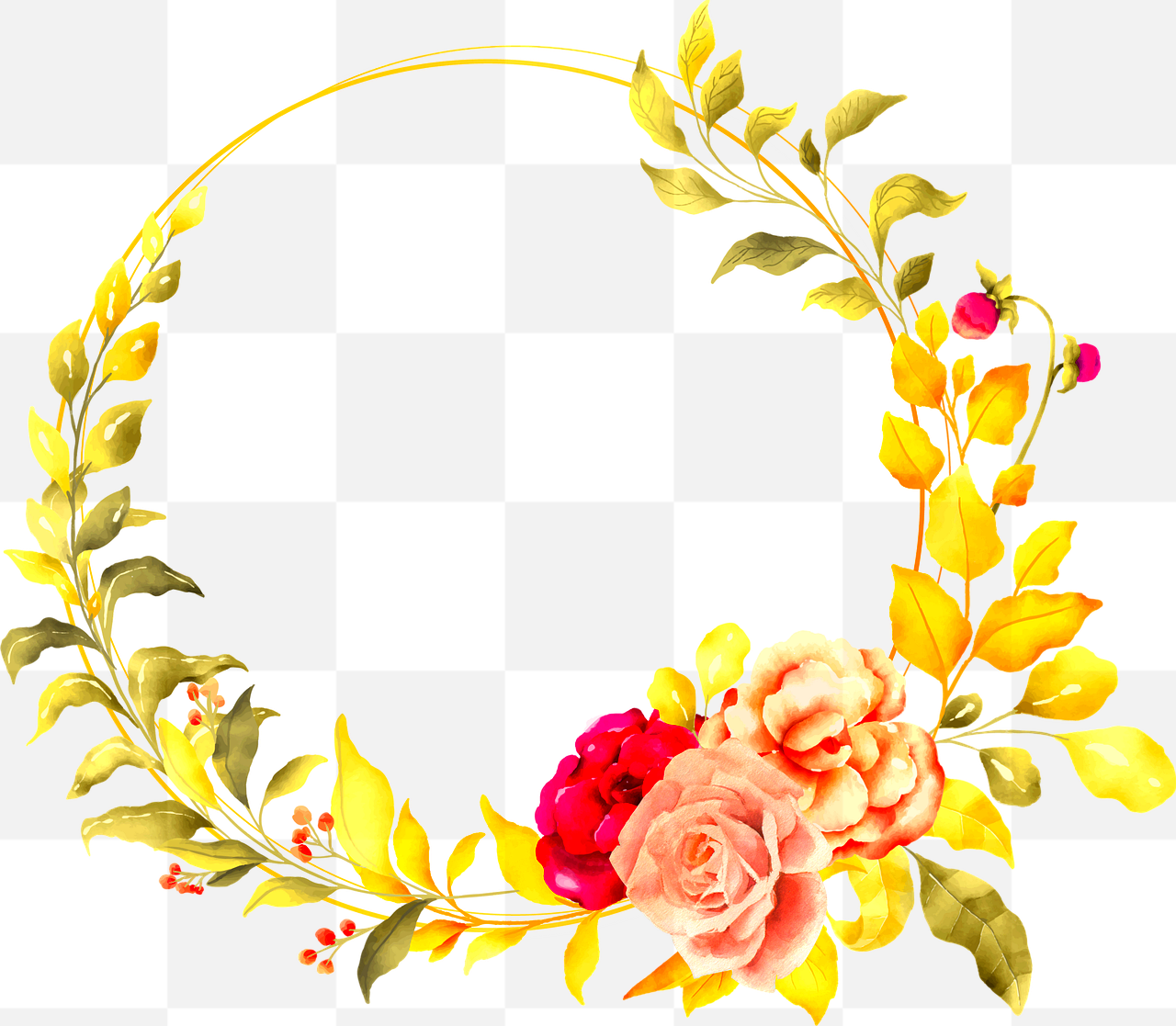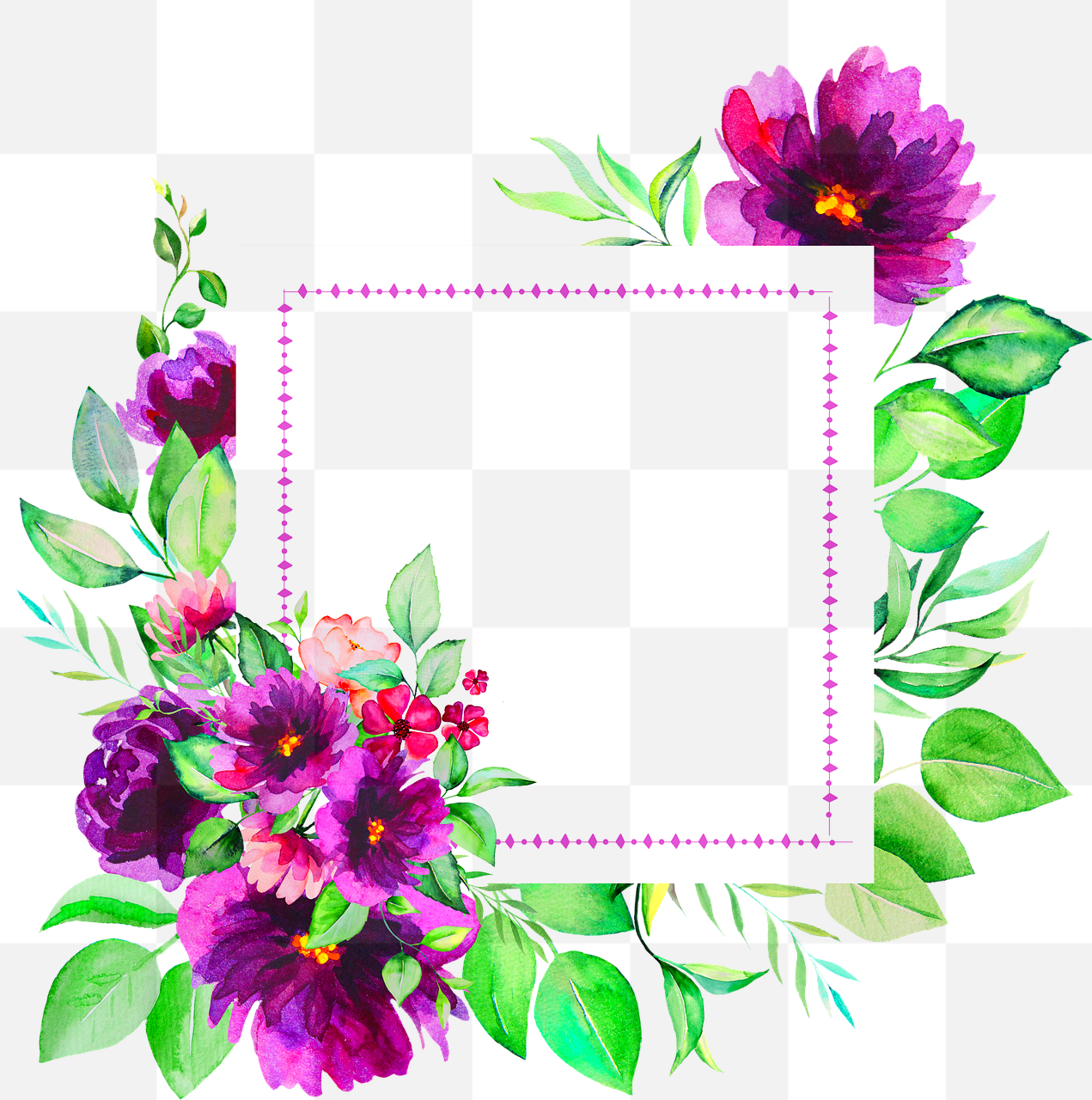A transparent image is a type of a graphic file which has no background color and can fit with any background. This makes them suitable for multiple design works. You can use transparent images to enrich your visual material without overcrowding it, whether you are constructing a website or working on designing a logo, or doing presentation.
Transparent images come with many advantages that can be acknowledged as follows:
- Versatility: They can be placed on any color or pattern without interference.
- Professional Look: Transparent images often provide a cleaner, more polished appearance.
- File Size: Many transparent formats, like PNG, maintain quality while being lightweight.
- Ease of Use: They integrate smoothly with different software, from graphic design tools to website builders.
How to Find Transparent Images Online

It’s easier than ever to find high quality transparent images online. Various platforms offer a wide selection so that you have exactly what you need for the project. Here is how to navigate through it:
1. Search Engines Utilize: When your desired subject matter is on the screen of your computer, type transparently made images or PNG file as keywords.
2. Visit Stock Image Websites: Websites like HD Stock Images specialize in high-quality visuals, including transparent images.
3. Verify Licensing: Confirm that images can be used freely, mostly when you are doing commercial businesses.
4. Filters: So many sites permit you to filter your results by transparency and thus it makes it quite simple to locate information quickly.
Steps for Downloading Transparent Images

If you want to download transparent images easily, here are the simple steps that will help you:
- Choose Your Source: Select a reputable website that offers transparent images.
- Search for Images: Use specific keywords to find the images that suit your project.
- Inspect the Image: Click on the image to view it in detail. Ensure it meets your quality requirements.
- Select the Format: Most transparent images are available in PNG or GIF formats. Choose the one that works best for your needs.
- Download: Click on the download button, and the image will save to your device.
These steps above will surely lead you to a transparent image library for your upcoming project!
Different Formats for Transparent Images

The quality and usability of transparent images can greatly depend on the format you opt for. There are two popular formats that can be used for transparent images, which are PNG and GIF that have their own characteristics. Consequently, knowing these formats will enable you to choose the best one for your project.
Look at this brief contrast:
| Format | Transparency Support | Color Depth | Best Use Cases |
|---|---|---|---|
| PNG | Full alpha transparency | Up to 48-bit | Web graphics, logos, images with gradients |
| GIF | Binary transparency | Up to 8-bit | Simple animations, graphics with few colors |
What is more is that there are additional formats to note of apart from PNG and GIF.
- SVG: Scalable Vector Graphics, great for logos and icons that need to maintain quality at any size.
- WEBP: A modern format that supports transparency and offers better compression rates.
If you require animation, color accuracy or online ease of use, choosing a format is determined by your unique needs.
Using Transparent Images in Your Projects
Including clear images in your designs will enable you to enhance their beauty and make them more appealing. Here are several useful ideas for effective utilization:
- Web Design: Use transparent images as overlays or backgrounds to create depth without losing focus on your main content.
- Marketing Materials: Incorporate transparent logos or icons to maintain a consistent brand image across different platforms.
- Presentations: Add transparent images to slides to keep your audience's attention on your message rather than distracting backgrounds.
- Social Media: Use transparent images for posts and stories to create engaging and visually appealing content.
A rule of thumb when applying transparent images is that they should be included in your designs in a way that adds to them, and not detracts. So make certain of observing balance, contrast and legibility.
Common Mistakes to Avoid When Downloading Transparent Images
However, there are many traps that one might fall into when downloading transparent images though it appears like a piece of cake. Here are some common mistakes to avoid:
- Ignoring Licensing: Always check the licensing agreements to avoid potential copyright issues. Not all images are free for commercial use.
- Choosing the Wrong Format: Selecting a format that doesn't support transparency can ruin your design. Always opt for PNG, GIF, or other suitable formats.
- Downloading Low-Quality Images: Be cautious about image resolution. Low-quality images can appear pixelated and unprofessional in your projects.
- Neglecting Color Profiles: Transparent images can look different on various screens. Always check color profiles to ensure consistency.
- Not Testing in Your Project: Before finalizing, test how the image appears within your design. Adjustments may be needed to achieve the desired effect.
These common pitfalls must be circumvented to optimize your design procedure, thereby improving the caliber of your projects that involve transparent images.
Frequently Asked Questions About Transparent Images
What does transparent image mean? General questions about transparent images often pop up in the minds of people, thus we will discuss some of them and try to provide answers.
What are transparent images?
Transparent images can be thought of as graphic types that possess a clear backdrop. In this sense, they can blend well with different backgrounds without showing any lines or edges.
What formats support transparency?
A number of formats do that have transparency.
- PNG: Offers full alpha transparency and is ideal for high-quality images.
- GIF: Supports binary transparency but is limited in color depth.
- SVG: Perfect for scalable graphics that maintain quality at any size.
- WEBP: A modern format that provides excellent compression and transparency support.
How do I use transparent images?
Web design, marketing materials, presentations as well as social networks can utilize transparent images. They help make the visuals clear and interesting while putting your message across.
Can I use any transparent image for commercial purposes?
Bear in mind that not every image accessible in a transparent format is free to use for sales purposes. Make sure to examine the licensing contracts linked with individual photos before incorporating them into your work.
How do I ensure the quality of transparent images?
To choose quality, select high-res pictures, confirm their layout as well as view them in variety of locations using your project to examine how they appear.
Conclusion on the Importance of Transparent Images
The role of transparent images is crucial in enhancing the visual appeal of any project. This is because they offer versatility, professional appearance, and seamless integration with different designs. By learning their formats, proper usage, as well as pitfalls to avoid, you will be able to make the most out of transparent images and come up with stunning visuals that grab your audience's attention.

 admin
admin








